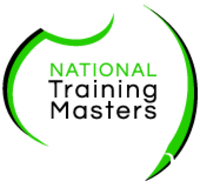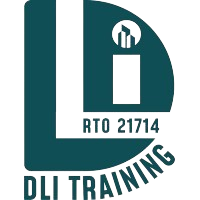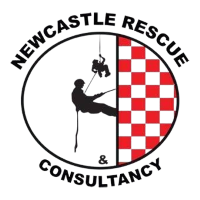
This role has a high level of AI exposure. While some human skills are required, many tasks could be automated or replaced by new technology.
Explore all careersField Assistants aid conservation professionals in various outdoor fieldwork tasks, including data collection and maintenance of access trails.
Get qualified to work as a Field Assistant with a course recognised across Australia. Speak to a training provider to learn more.

















Salaries for Field Assistants start at $60,000 per annum and increase as you obtain university qualifications and experience in the field.
 Courses.com.au Team
Courses.com.au Team
There are no clear employment figures for Field Assistants working in Australia right now. They are employed by government agencies such as local government Councils and National Parks and Wildlife, as well as academic institutions and conservation non-profits.
 Courses.com.au Team
Courses.com.au Team
You can get started as a Field Assistant with a VET qualification from the Conservation and Land Management Training Package such as the Certificate IV in Pest Management or Diploma of Conservation and Ecosystem Management. Many Field Assistants begin their careers by joining local environmental groups and completing volunteer assignments. If you are seeking a role with plenty of room for career advancement, you should definitely consider a Bachelor of Environmental Science, Bachelor of Biodiversity and Conservation, or the Bachelor of Science (Ecology and Conservation Biology).
Source: Australian Government Labour Market Insights 2023
 Courses.com.au Team
Courses.com.au Team
Browse occupations related to Field Assistant



Discover a range of Field Assistant courses in Central Coast that cater to various learning levels and career aspirations. With a total of 10 courses available across this vibrant region, students can choose from beginner-friendly options such as the Certificate III in Wildlife and Exhibited Animal Care and Certificate II in Sampling and Measurement to more advanced studies like the Diploma of Conservation and Ecosystem Management. These courses are designed to equip learners with essential skills for various environmental roles.
The selection of Field Assistant courses in Central Coast primarily addresses those new to the field, with 9 beginner courses available. Students can enhance their qualifications through practical training in areas such as ecology, conservation, and sustainability. Popular courses include the Certificate II in Aquaculture and the Remove Friable Asbestos course. These certifications not only provide theoretical knowledge but also practical skills applicable in today's workforce.
Central Coast is home to reputable training providers that facilitate these Field Assistant courses. Notable providers include the Taronga Training Institute, renowned for its commitment to environmental education, and Thomson Bridge, which specialises in the delivery of the Certificate II in ESI - Asset Inspection and Testing. Other esteemed institutions such as DLI Training also offer valuable courses relevant to aspiring field assistants.
Completing one of the Field Assistant courses in Central Coast opens doors to a variety of enriching career paths. Graduates can pursue roles such as an Environmental Consultant, Conservation Trainee, or Ecologist. These positions play a vital role in promoting environmental sustainability and management, making a substantial difference in preserving the natural beauty of the Central Coast region.
For those interested in broader studies, the Environment and Sustainability courses program further complements the Field Assistant courses in Central Coast. Advanced job roles such as Environmental Specialist and Environmental Manager are ever-growing fields, offering career stability and the opportunity to impact environmental policies positively. Embark on your career journey today and explore the numerous opportunities available in the beautiful Central Coast area.